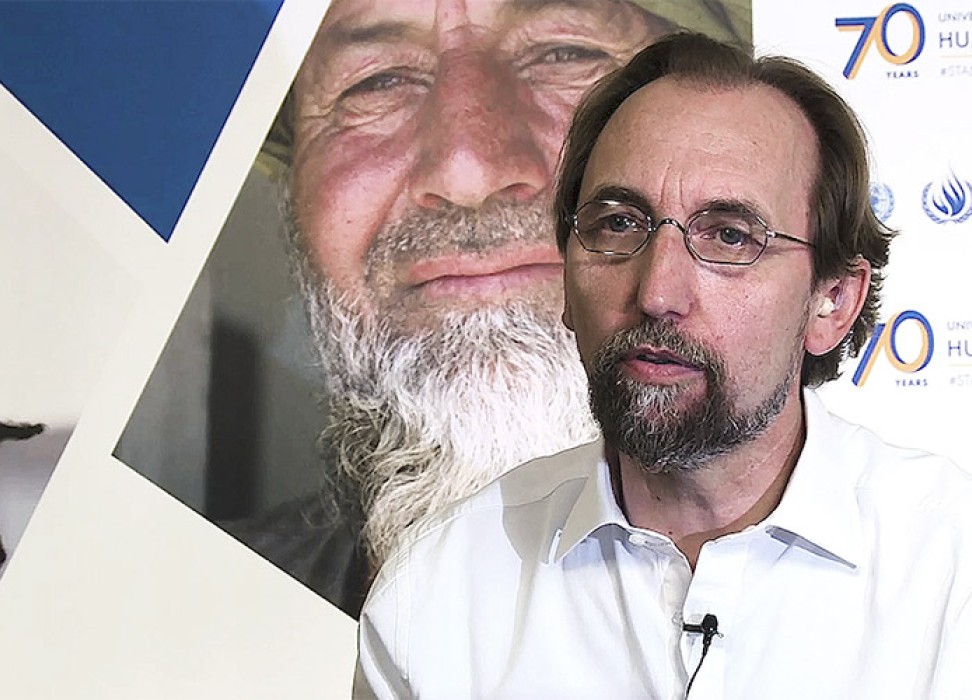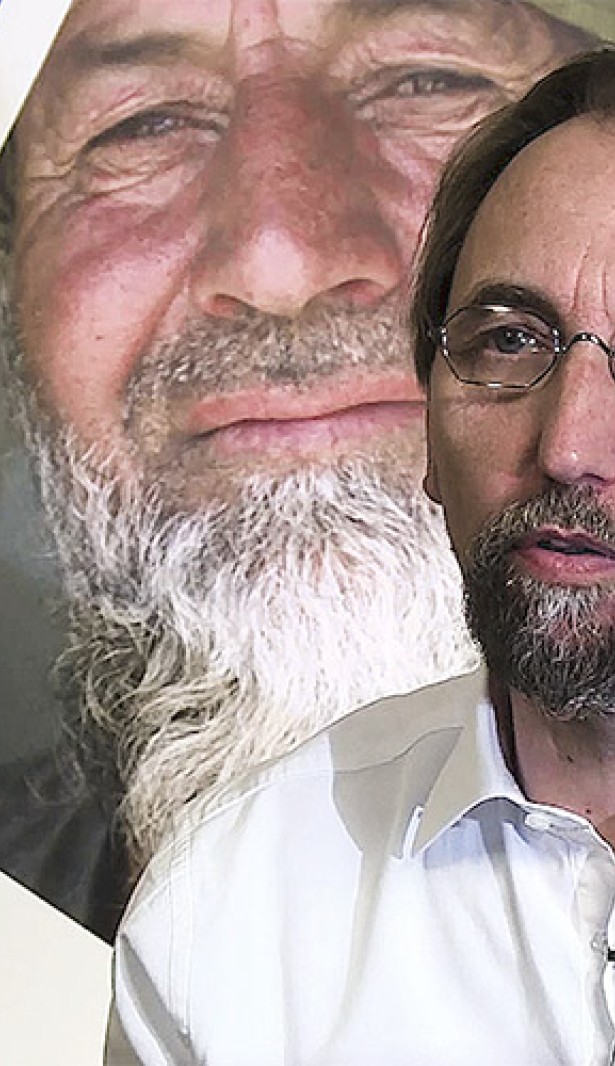Team Human: Making the New Case for the UDHR
25 July 2018

Human rights, that universal thread that binds humanity and is housed in the Universal Declaration of Human Rights (UDHR) 70 years ago, is under threat from forces pushing a self-serving agenda and who have forgotten history, said UN High Commissioner for Human Rights Zeid Ra’ad Al Hussein.
“We are now making a defence for universal rights, (something) which we thought was a discussion that was already won,” said Zeid. “I would submit we must make the case for a world where we combine our efforts. We have to be ‘team human’ and not ‘team us’.”
“This is what I think worries us in the human rights community; memory is being lost and is being superseded with nationalistic passion that drives a ‘firster’ agenda,” Zeid said. He also expressed his concern that the world is developing into a future world where the global mechanisms for maintaining the rule of law and international agreements are systematically undermined.
Zeid made his comments as part of discussion on the UDHR, its legacy and its future. The conversation, moderated by Zeid, included International Court of Justice (ICJ) President Abdulqawi Ahmed Yusuf and Hina Jilani, eminent jurist, lawyer and former UN Special Representative of the Secretary-General on human rights defenders.
For Yusuf, the assault is more the growing pains of the fragile international rule of law, a system that is still relatively in its infancy. The ICJ itself is only about 100 years old and at the time when it was being founded, no country was willing to submit to such multilateral justice. Now, most do. It has only been 70 years since the UDHR was ratified, yet the world has taken gigantic steps in terms of human progress, he said. And this progress has to be protected.
“We have seen that it is through that system people who were subject to repression, colonialism and others have been able to acquire their independence, while acquiring their freedom,” the ICJ President said. “The system needs to be safeguarded and consolidated further.”
Protecting this international rule of law and keeping the system working for all is a matter of recognizing the political and keeping them on side, said Jilani. Courts can make all manner of decisions, but if these judgements need to be enforced and governments be seen to be held to account. Therefore, the idea of sovereignty must be unpacked. Sovereignty must remain accountable and protect people, not maintain a state that violates fundamental human rights.
“Declarations of justice and fairness by courts are ignored,” Jilani said to illustrate the loss of ethical leadership in our world today. “We are facing now people going their own way and unilateralism is the way. People have become immune to the notion that the rule of law and the rule based system can only prosper when there is a complete recognition of the universality of these rules.”
You can watch the entire conversation between Zeid, Yusuf and Jilani as they discuss how every state and the international community is a work in progress and where they tackle the future vision of human rights, the rule of law and international justice in the video.
25 July 2018

